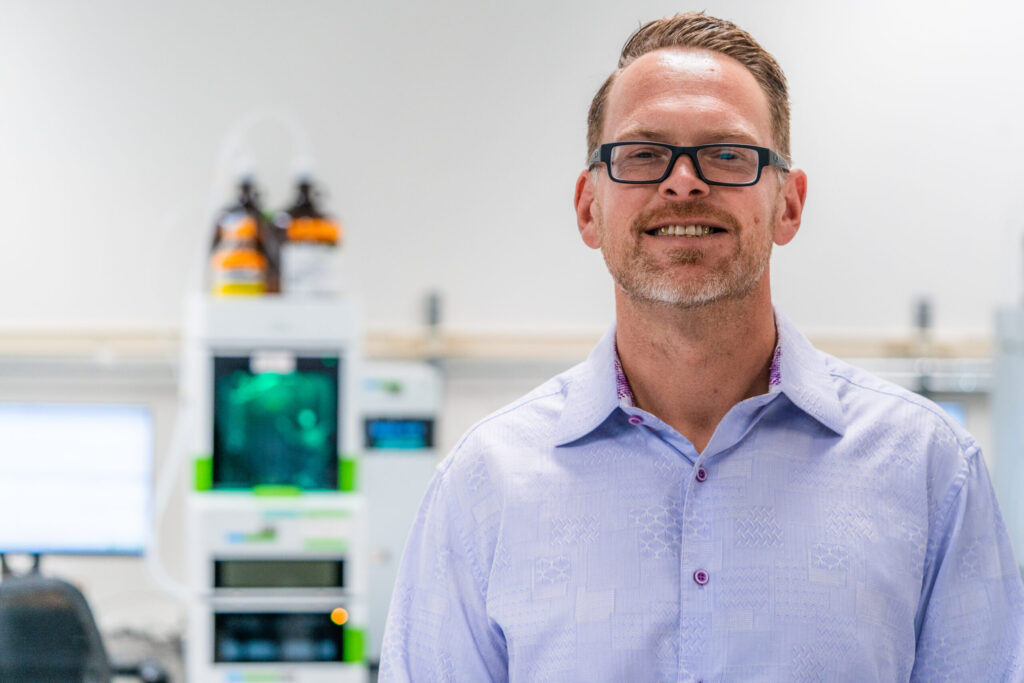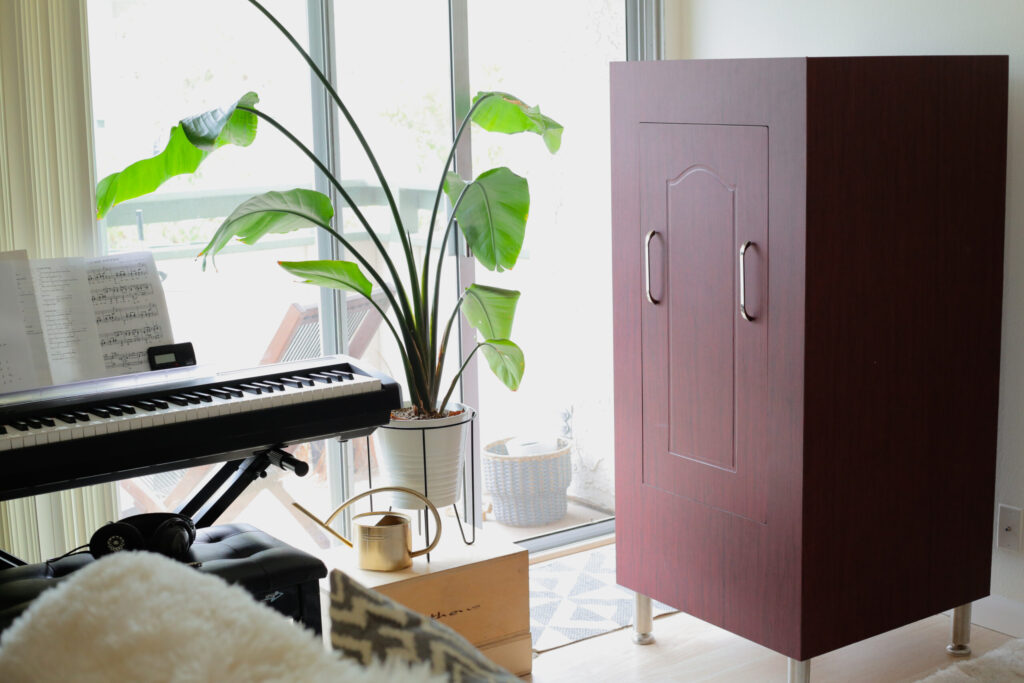TESTSTSARDSAR
New, Innovative Tech Is Changing Cannabis Finance by Patricia Miller
The Emerging Markets Coalition (EMC) is a member-driven advocacy and educational organization for financial services in highly cash-based and underserved markets. Our first targets are the cannabis-related industries (hemp, CBD, cannabis).
EMC advocates and drives for the normalization of financial services — enabling these businesses to operate as do other legal businesses in a growing, regulated, emerging market.
Why was EMC founded and why did we choose to drive innovation in one of the toughest markets to bank?
Because the EMC co-founders have done this before — in an industry that was where cannabis is today — highly cash-based, with much misinformation driving unfair vilification of the industry and businesses.
Through a coalition like EMC, we went proactively to legislators, regulators, law enforcement, the IRS, consumer groups, and media to share the facts.
This proactive transparency fueled the passing of federal legislation, regulation, and tax treatment that was workable for all, and media coverage that focused on facts vs fallacy.
That industry now has normalized financial services and we’re seeking to collaborate with cannabis industry leaders to do the same here.
Financial Innovation in a Partially Legal Industry
Until federally legal, financial institutions will be wary of serving cannabis-related business (CRBs). State chartered banks and credit unions that do serve CRBs are making a risk-based decision that regulators will show leniency given that, while legal in their state, they are conducting business with federally illegal product.
In the current regulatory environment, cash is the primary payment method. It is the only payment method unencumbered by the federal and state disconnect on the legality of cannabis.
It is not, however, without constraints brought on by the alphabet soup of AML, BSA, KYC (Anti-Money Laundering, Bank Secrecy Act, Know Your Customer) with which banks and credit unions must comply.
The compliance burden created by the trifecta of acronyms drives high incremental costs that financial institutions must pass on to their cannabis customers.
To address these costs, financial institutions and FinTechs are seeking technology solutions. CRBs are also seeking technology solutions to track and trace all aspects of financial flows from seed to sale.
EMC has members offering industry leading services to both sides of the market to meet compliance requirements in holding and moving money without having to add an army of compliance experts.
There are risks and costs of running a cash-based business, many of which can be addressed by enabling electronic payments.
Federally, EMC is driving electronic payments, gaining buy-in from even the most conservative legislators that this will make cannabis transactions “transparent, traceable, taxable.” Legislators especially like that last point, even when we point out this means fairly taxable.
Allowing credit, debit card, and contactless payments drives costs down, provides an audit trail, and significantly reduces risks of theft.
The best-known payments alternatives/innovations for CRBs include:
• Cash dispensers/ATMs
• Cashless ATMs (more to come on
this hot topic…)
• Payments via the Automated Clearing House (ACH) network
• Crypto
EMC founders have worked with Washington, D.C. regulators in innovation for years. During after-hours discussions, they would share that their biggest fear is that we would “innovate faster than they could regulate.”
Cannabis is similar in that the existing conflicted state and federal legislative and regulatory environments have placed compliance in front of innovation.
Payments Options for Cannabis
EMC is developing national standards and best practices for all things involving cannabis money. The first to be released is cash management, the next is payments.
Cash Dispensers or ATMs
ATMs are placed in the CRB so customers can access cash to pay for product. The legal rationale is that the transaction is between the customer and the bank — the CRB is not in the primary transaction.
Cashless ATMs
Cashless ATM or Point-of-Sale: a merchant takes an order, rounds up the total to an even number, and then runs a transaction, coded as an ATM withdrawal.
The difference between the amount of the purchase and the ATM transaction is handed to the customer as change. VISA has put these businesses on notice in a memo that states:
“Acquirers will be subject to non-compliance assessments and/or penalties, when they — or their third-party agents — are found in material non-compliance with the Visa Rules,” the memo continues. “When found to have willfully violated the Visa Rules, adversely affecting the goodwill associated with Visa and/or the Plus system, brand, products and services, an acquirer may be subject to further compliance enforcement.”
Translation — cashless ATMs are not permitted by the rules of the major card brands.
Automated Clearing House (ACH)
ACH refers to the process of transferring money between banks without checks, wire transfers, or cards. These transfers are electronic, the funds go directly from the customer account to the CRBs bank account.
To accept ACH from your customers requires a third-party solution. Customers first register through the third-party system, download the mobile app, and then check in at the dispensary through the app and pay at the POS. There are a few good solutions available, the most agile and compliant of whom are EMC members.
Crypto
A Motley Fool article shares that crypto can offer cannabis companies:
Non-cash transactions. Accepting crypto/digital currencies as payment avoids cash.
Lower money fees. Some banking services in this space have higher fees. Crypto comes with relatively low fees, without a cannabis premium.
Transparency. Blockchain technology supports a secure and tamper-proof ledger, to help CRBs track each step in the supply chain.
International. Cannabis companies working overseas can make payments fast/lower cost using digital currencies.
Cryptocurrency may enable CRBs to minimize their reliance on cash, but this isn’t without challenges. For example, the way cryptocurrencies are taxed is different from regular business income and carries high compliance costs. Volatility is also important to consider as the prices of cryptocurrencies can fluctuate wildly.
EMC is collaborating with many organizations and companies to drive the normalization of financial services for this market. Learn how you can join in fueling this success at EMCoalition.org
This article was first published in the winter 2021 issue of Cannabis & Tech Today. Read the full issue here for free.
A link to your site, with your site’s name and description as anchor text.
Via https://cannatechtoday.com/new-innovative-tech-is-changing-cannabis-finance/
source https://renzverspaget.weebly.com/blog/new-innovative-tech-is-changing-cannabis-finance
source https://renzverspaget.blogspot.com/2022/06/new-innovative-tech-is-changing.html
source https://mervinkuiper.tumblr.com/post/686688576840368128









